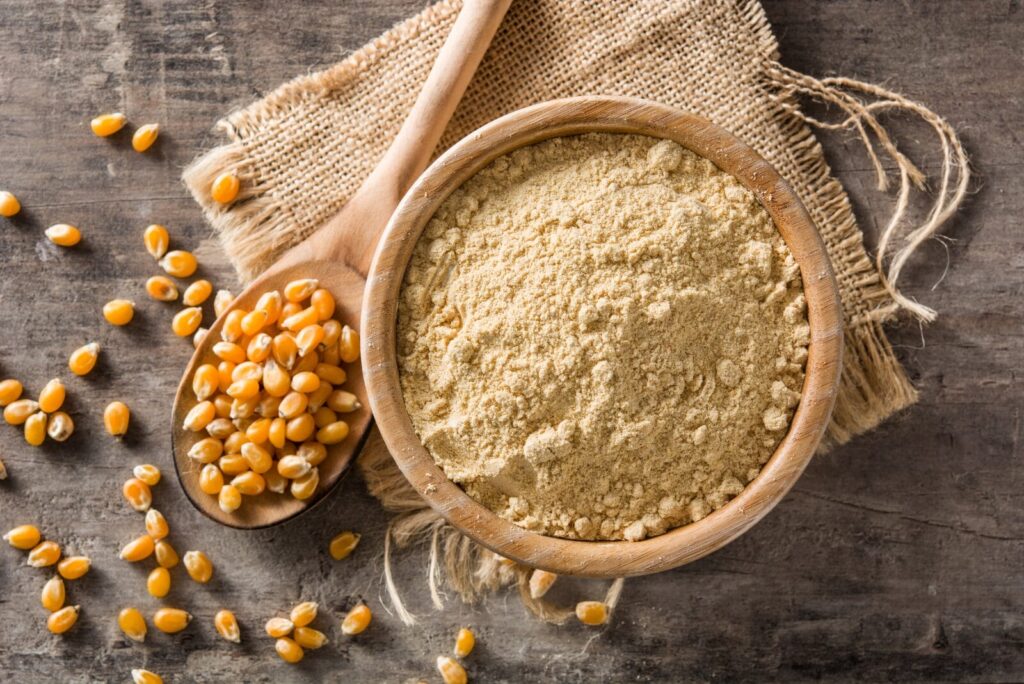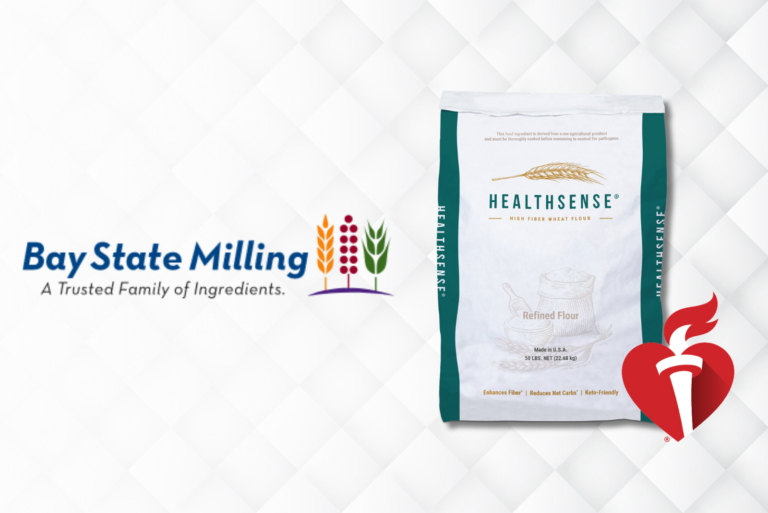WASHINGTON, DC — Findings from a recent study slated for an upcoming issue of the Journal of Nutrition revealed that substituting foods made from refined corn flour and corn bran can lower LDL cholesterol concentrations from 5%-13.3%.
The study was led by a team of researchers at Arizona State University with funding from the Corn division of the North American Millers’ Association, which is part of the Grain Foods Foundation. It was designed to ensure that findings would properly illustrate the practicality of incorporating corn bran-enriched flour into a heart-healthy diet.
“People often think that dietary changes must be robust and significant to have a real impact on cardiovascular health and metabolic regulation,” said Corrie Whisner, PhD, lead researcher and associate professor in the College of Health Solutions at Arizona State University. “The bottom line is this: Corn is unique and underappreciated. The art and science of refining grains and making full use of corn bran can result in delicious foods that, in this case, also happen to produce real results for heart health.”










